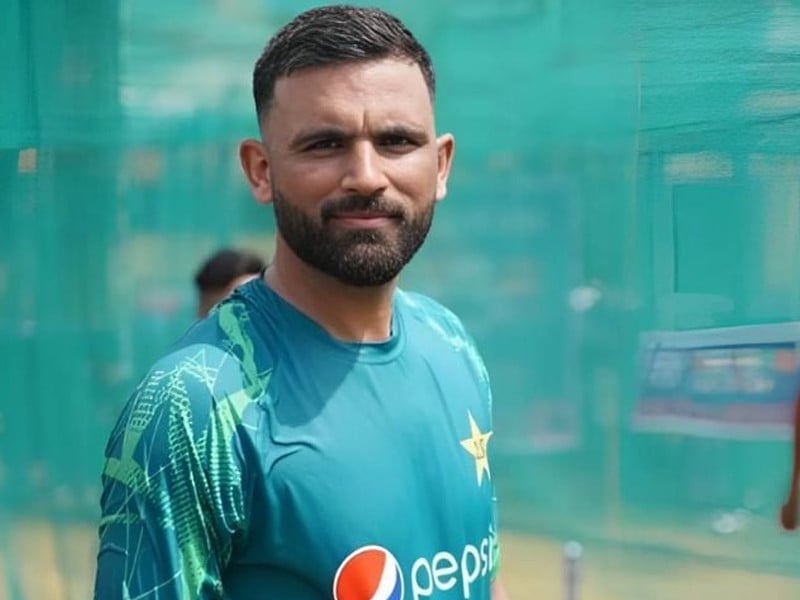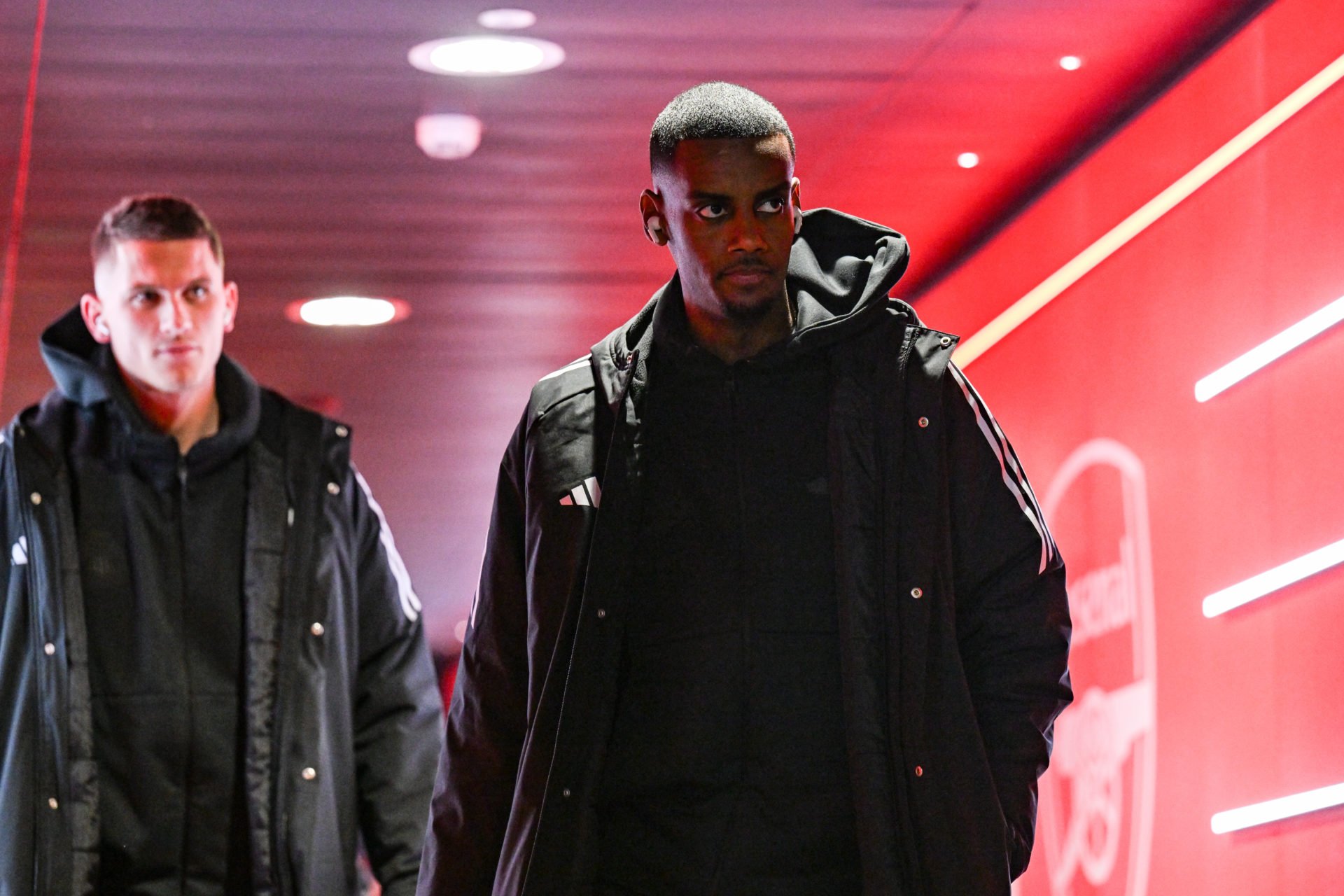Unbreakable: The Jelena Dokic Story review - electrifying film details violent abuse and remarkable resilience

This electrically intense film about the former world No 4 tennis champion Jelena Dokic made my heart pound and my eyes well up; there hasn’t been an Australian sports documentary as visceral since 2019’s The Final Quarter, which unpacks the career of the former AFL player Adam Goodes. Just as any film focusing on Goodes must address the racism directed at him by the media and public, any film about Dokic needs to incorporate her father, Damir, a volcanically volatile headline-maker many of us remember observing on television through the slits of our fingers.The centrality of Damir to Dokic’s story gives any account of her achievements a terribly bittersweet tang. But in some ways it also makes those achievements more resounding: watching this documentary, there were times when I was impressed to hear that Dokic managed to turn up to matches, let alone triumph.Taking its name from the 2017 book Unbreakable, co-written by Dokic and the sports journalist Jess Halloran, this is the kind of film that can only be made with the close collaboration of its subject, who, now 41, recounts the abuse she suffered at the hands of Damir in candid and confronting detail.The co-directors, Halloran and Ivan O’Mahoney, have crafted a film that’s often very sad, laced with reflections such as this: “Every morning, I woke up and thought: ‘How do I make sure he doesn’t hurt me today?’” But it’s also a story of remarkable strength and courage: while her father was violently erratic, often portrayed by the media as an angry idiot rather than a menace – the so-called “mad dad of tennis” – Dokic showed amazing focus and fortitude. I would have liked to have come away understanding a little more about how she managed to steel herself, given everything else going on in her life – but maybe this kind of resilience is difficult for anyone to explain, even to themselves.skip past newsletter promotion Sign up to Saved for Later Free newsletter Catch up on the fun stuff with Guardian Australia's culture and lifestyle rundown of pop culture, trends and tips Enter your email address Sign up Privacy Notice: Newsletters may contain info about charities, online ads, and content funded by outside parties. For more information see our Newsletters may contain info about charities, online ads, and content funded by outside parties. For more information see our Privacy Policy . We use Google reCaptcha to protect our website and the Google Privacy Policy and Terms of Service apply. after newsletter promotionThe film, which includes interviews with various experts and tennis players (including Mark Philippoussis, Pam Shriver and Lindsay Davenport), frontloads footage of a 16-year-old Dokic walking on to the court during the first round of Wimbledon in 1999 to face off against the world No 1 Martina Hingis in the match that rocketed her to stardom. At the time, she was ranked 169 in the world; she says via voiceover that “no one thinks I can win this, but my father does”. After a pause, she adds: “Actually, he demands it of me.” Dokic pulled off a major upset; poignantly, she recalls that when the match concludes “I see my father in the crowd” and “he’s the only one not clapping”.View image in fullscreen The film intersperses documentary footage, contemporary interviews and dramatic re-enactments. Photograph: RoadshowWe learn that Dokic, born in Croatia in 1983, was six years old when she started playing tennis, Damir viewing the sport as “a way out of poverty”. The family fled the Balkan wars and resettled in Sydney in the early 90s. Damir micromanaged her career and forbade her to smile on court. When he started drinking it “made him 10 times worse”, she says.Damir’s various outbursts caused him to be expelled from the US Open in 2000 and banned from the women’s tour for six months by the World Tennis Association. But it’s the testimony about what went on privately – including violent assaults too shocking to recount here – that really hits hard, making the film startlingly personal.Dokic eventually freed herself from her father and made a comeback. But, as one interviewee puts it, “there was no fairytale ending; she was toughing out matches that she would have won in straight sets when she was younger”. This lack of a neat, conventionally uplifting conclusion posed a challenge for the film-makers, who perhaps could have done a little more to highlight Dokic’s recent achievements as a motivational speaker and spokesperson for family violence and mental health issues.Adding an additional emotional layer are tastefully staged re-enactments – brief but high impact, with the cinematographer, Bonnie Elliott, bringing a glossy cinematic polish. These moments avoid using the faces of the actors, framing shots for instance behind their backs or to the side, which works well, providing visual hooks while the real colour and detail come from the testimonies. The editor, Peter Crombie, does a fine job giving this documentary a nervy, pressure-packed energy: there’s a voltage to this film that makes it spark and vibrate.




.jpg)








